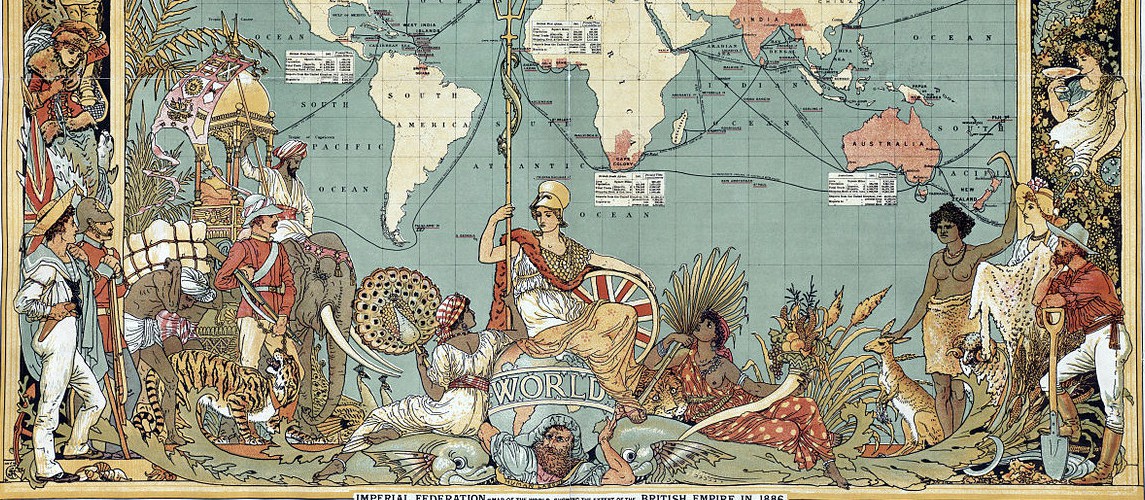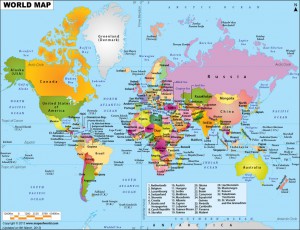We’ll be running Module 0 again in August. Please contact us if you’re interested in joining the sessions. Recordings will be uploaded after each session.
But one of the most persistent traits of the Western white man has always been his fanatical and almost instinctive assumption that his systems and ideas about the world are the most desirable, and further, that people who do not aspire to them, or at least think them admirable, are savages or enemies. The idea that Western thought might be exotic if viewed from another landscape never presents itself to most Westerners.
Amiri Baraka/Leroi Jones – Blues People.
One thing in any case is certain: man is neither the oldest nor the most constant problem that has been posed for human knowledge. Taking a relatively short chronological sample within a restricted geographical area—European culture since the sixteenth century—one can be certain that man is a recent invention within it. . . . In fact, among all the mutations that have affected the knowledge of things and their order, the . . . only one, that which began a century and a half ago and is now perhaps drawing to a close, has made it possible for the figure of man to appear. And that appearance . . . was the effect of a change in the fundamental arrangements of knowledge. . . . If those arrangements were to disappear as they appeared . . . one can certainly wager that man would be erased.
Michel Foucault – The Order of Things: An Archaeology of The Human Sciences.
Human brings are magical. Bios and Logos. Words made flesh, muscle and bone animated by hope and desire, belief materialized in deeds, deeds which crystallize our actualities. “It is man who brings society into being” (Frantz Fanon, 1967). And the maps of spring always have to be redrawn again in undared forms.
Sylvia Wynter – The Pope Must Have Been Drunk, The King of Castile A Madman: Culture as Actuality, and the Caribbean Rethinking Modernity.
Popular world maps by definition cannot show us the entirety of the territory, rather in what they show and omit, give insights into a dominant understanding of the World. This understanding is fundamentally based on, to quote Sylvia Wynter “the overrepresentation of Western bourgeois man as the [only] human”, which we describe as ‘white supremacy’.
Over 4 sessions we will be examining the history of cartography and how it is inseparably linked to European colonial genocides stemming from 1492 and the events surrounding Christopher Columbus’ journeys into the so-called “New World”.
We will attempt to join Sylvia Wynter’s intellectual journey to unearth and conceptualize the making of modern/colonial world, and how it needs to end.
For more information and required readings, please see the links below.
Session 1: Maps as Cognitive Schemes – readings and listenings available
Session 3: Who’s Human in the Age of Human Rights?
Session 4: Mistaking the Map for the Territory


